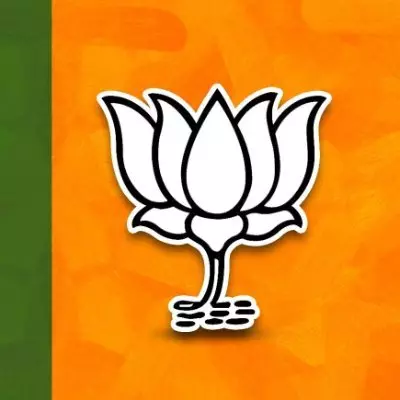The Bharatiya Janata Party is India’s largest political force but its ideology is not properly understood. Some aspects of it — the opposition to dynasty, the promise of economic development — are clear, even though these may not be adhered to by the party fully. The largest component of the ideology, what is called Hindutva, or Hindu nationalism, is quite vague.
What does it mean and what is it intended to achieve? Devanura Mahadeva, a famous Karnataka writer, explores this with his work on the parent body of the BJP. In the book RSS: The Long and Short of It, Mahadeva attempts to understand what the RSS is and what it wants through the simple device of reading Hindutva’s primary texts. These are V.

D. Savarkar’s works and M.S.
Golwalkar’s Bunch of Thoughts. The writer describes his motivation to do this through a parable. A sorcerer who spread turmoil was invincible because his life was stored in a parrot in a distant cave.
He thus remained untouched by action against his own person. The only way to get at him was to go after this life-soul, in that hidden parrot. Mahadeva thus goes on this quest to see what lies behind Hindutva.
In his encounter with Golwalkar, he finds the RSS head worshipped caste and asked that the rest of us worship it. In Bunch of Thoughts, Golwalkar says the Hindu people are his god and this god manifests itself through caste. Meaning the organisation of Hindu society in the way Manu described it (Brahmin head, Kshatriya arms, Vaishya thig.
















